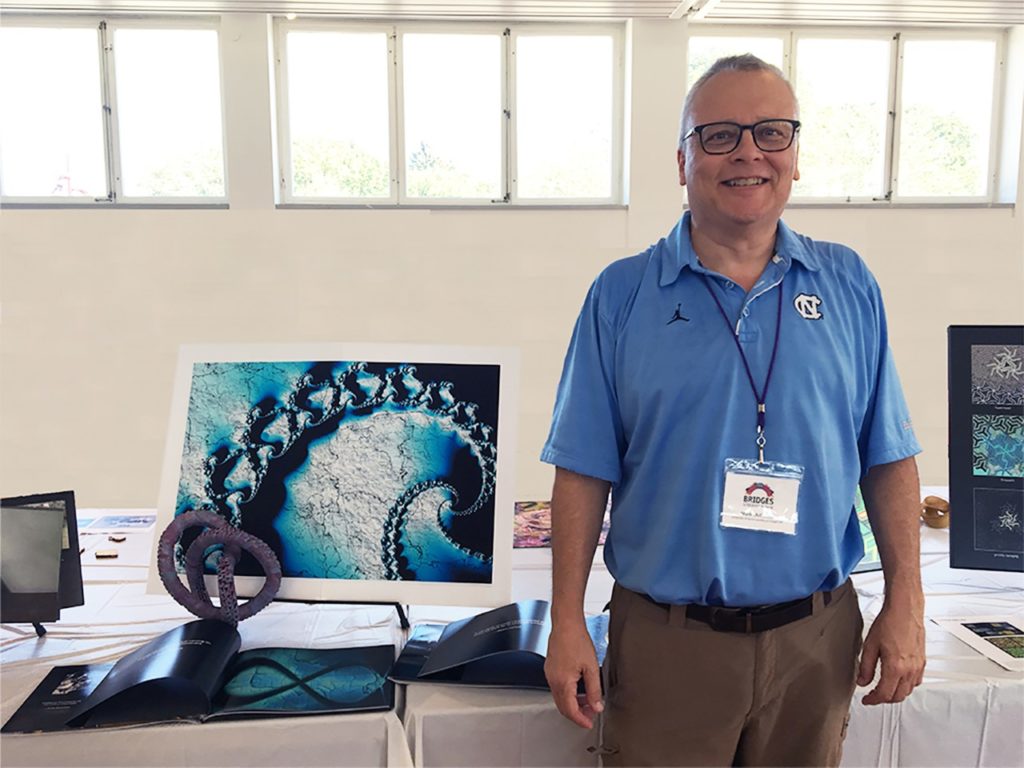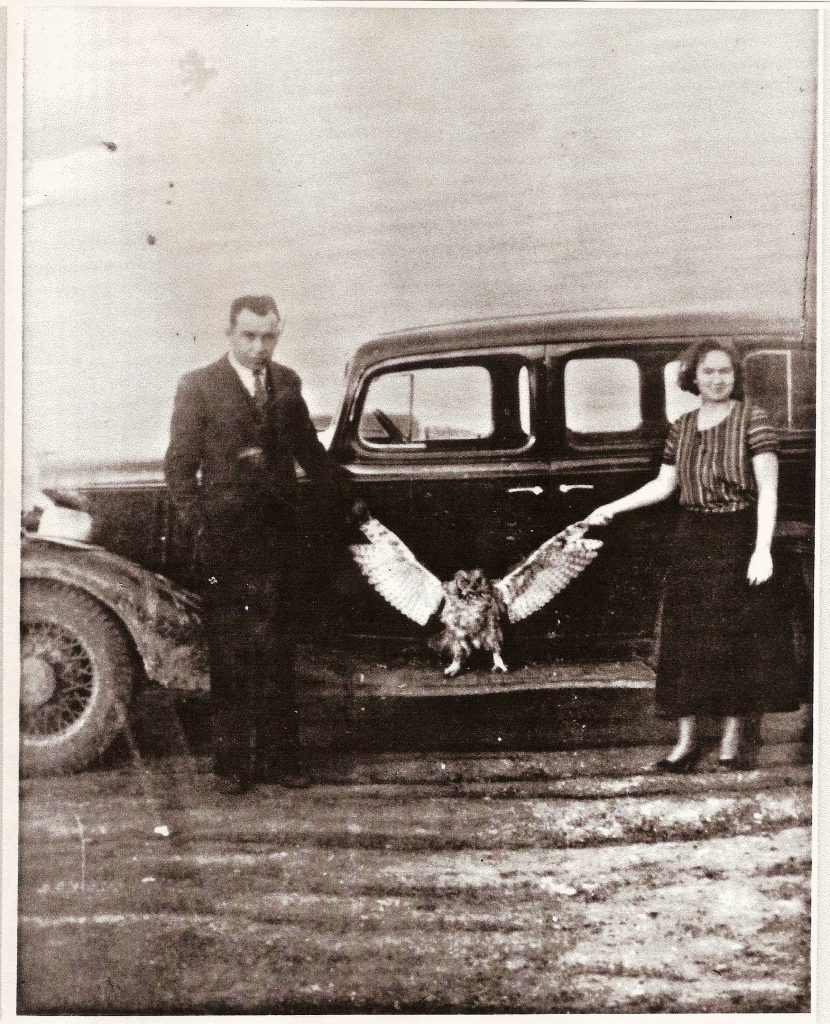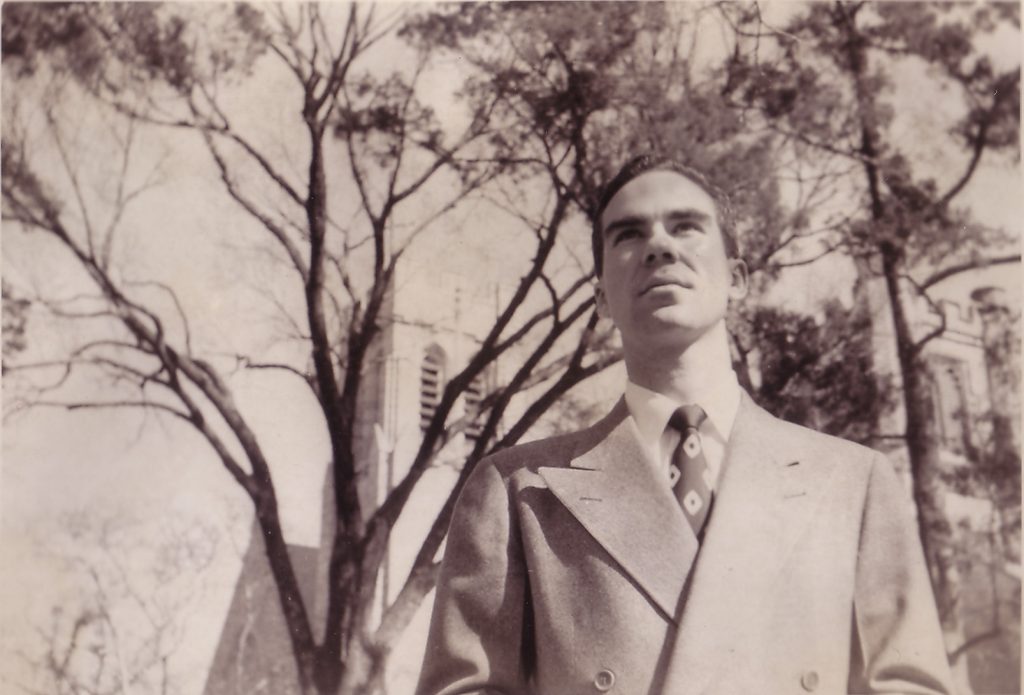
“Riveting.” That is how Rebecca Griffin described Matthew Kotzen’s “Philosophy of Comedy” class. After selecting the class to fulfill her philosophy credit, she realized that the subject was more intriguing than she ever imagined.
Griffin said that she doesn’t “think a lot of people generally look into why they think something is funny, but the philosophy of humor is able to give us potential explanations.”
The course focuses on the broad concept of comedy and its relation to philosophy, including ethical issues, aesthetics and theories of the nature of humor. Kotzen encourages students to think broadly about various types of humor and their role in society.
Kotzen said he became interested in the connection between philosophy and humor after exploring improv comedy in college. It made him wonder about what makes certain jokes and sketches funnier than others, and about how humor interacts with values related to beauty, morality and rationality.
“After reading work in philosophical aesthetics, I found that a lot of the things people were saying about aesthetic experience applied equally well to humorous experiences,” said Kotzen, Bowman and Gordon Gray Distinguished Term Associate Professor of Philosophy in UNC’s College of Arts and Sciences.

In one assignment, students were asked to share a humorous clip from a TV show, movie, book or stand-up comedy performance to relate to the philosophical concepts that were being discussed. “Kotzen actively got students involved and created a safe space to openly discuss theories and their objections and examples,” said Griffin.
“I try to foster a classroom environment where I tell students, ‘We’re going to look really hard at materials, some of which may be offensive to some people,’” Kotzen said he announces at the beginning of the course. One of the primary questions students are asked to examine is if one can find something both morally offensive and funny. Kotzen said the answer isn’t so simple, and that is something they examine during the ethics section of the course.
For example, if one of his students has experienced a trauma, that person is far less likely to find a joke pertaining to the traumatic subject funny. But the “point is to have the conversation and to figure out why we have those differences in reaction,” he said.
What is the connection between humor and philosophy? “I learned that in order to understand why something is funny, you must understand the philosophical ideas behind ethics and beauty,” said Madison Scott, another student in Kotzen’s class.
In addition to his undergraduate course, Kotzen has also taught a graduate-level course, “Value Theory: Humor.” And last spring, Kotzen co-organized a conference at UNC, Interdisciplinary Approaches to Humor, with assistant professor Michelle Robinson from the department of American studies.
The purpose of the conference was “to bring together scholars from a wide variety of disciplinary perspectives to discuss different approaches to humor,” said Kotzen. Those attending were scholars in anthropology, law, race studies, gender studies, cinema studies, psychology and neuroscience. Sessions included a talk by Sarah Haskins, a comedy writer and producer for the ABC show “Trophy Wife,” and a performance by the improv comedy group Centralia.
Above all, Kotzen said, studying comedy’s relation to philosophy is valuable because “humor can be used to further social progress, promote open-mindedness and self-understanding, stand up for the oppressed, call people out for their hypocrisy and selfishness, and for their greed or political vices.”
Matthew Kotzen was one of four faculty members in the College of Arts and Sciences awarded the Phillip and Ruth Hettleman Prizes for Artistic and Scholarly Achievement by Young Faculty.
By Alison Wynn ’17




